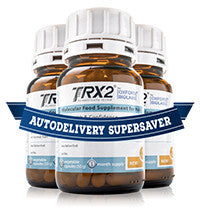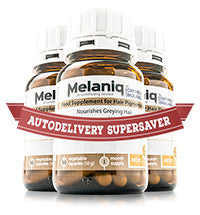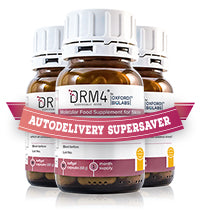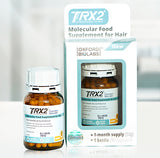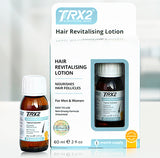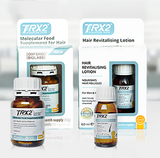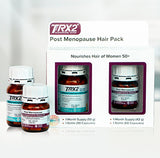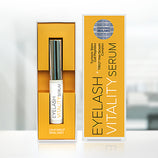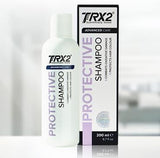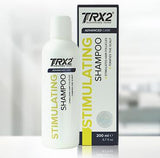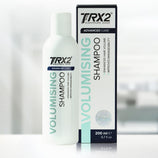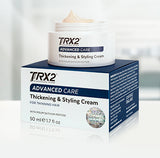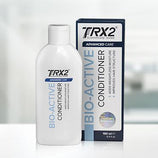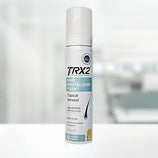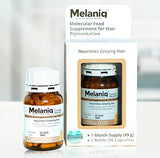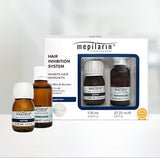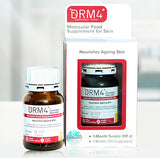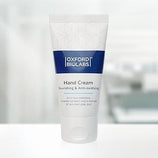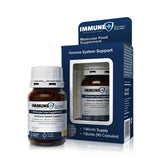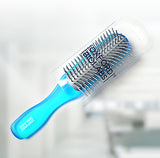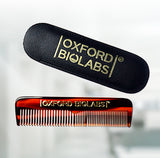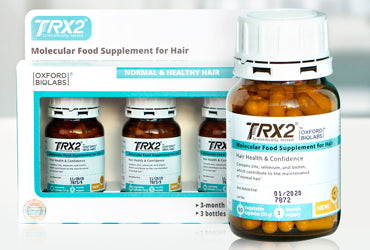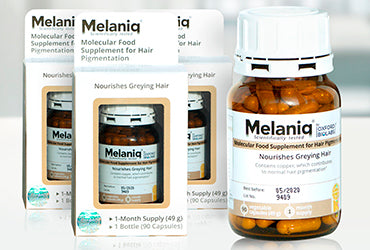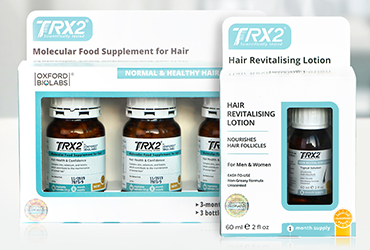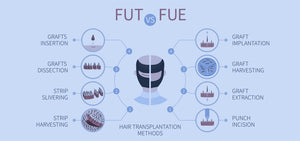Are you considering going vegan or just curious about your vitamin intake now that you are a full-fledged vegan? Going vegan is currently one of the trendiest lifestyle changes in the UK – a recent Finder survey shows that over 12 million Brits will be on a meat-free diet by the end of 2020. Today, over 9.7 million Americans follow a vegetarian-based diet.
Veganism is a healthy diet choice, especially if you also want to save animals and reduce your impact on the planet; as proved by a 2018 research by the University of Oxford, UK. However, while going meat-free and eating more fruits, legumes, whole grains and vegetables has enormous health benefits, there is a risk you could run low on some essential nutrients – only present in animal products.
One of the main reasons most vegans drop veganism is nutrient deficiencies along the way, most notably a lack of enough vitamin B12.
Read on to find out the common vitamin deficiencies associated with switching from an omnivorous diet and how vitamin supplements might help.
Who is a Vegan?
To fully understand what a vegan might miss out on, you must first know who a vegan is. The term vegan is derived from the word vegetarian – a person who does not consume meat, fish, eggs, crustacean, shellfish and meat by-products.
There are different types of vegetarians, depending on how restrictive their diet is.
- Ovo-vegetarian follows a vegetarian diet but allows the consumption of eggs.
- Lacto-vegetarian consumes dairy products but restricts all other animals, fish and poultry products.
- Lacto-ovo vegetarian follows a vegetarian diet but allows dairy products and eggs.
- Flexitarian is a vegetarian who occasionally consumes meat and fish.
- Pescatarian exempts all animal products except fish.
- Vegan is a vegetarian who restricts all forms of meat, fish and animal by-products.
Contrary to the common belief among the plant-based community, going vegan is not a cure-all recipe. Veganism is seen as one of the most restrictive diets, so you must observe your dietary intake diligently to avoid certain nutrient deficiencies.
Common nutrient deficiencies in a vegan diet and the fix
A well planned vegan diet is easy to follow at any stage of our lifecycle. And need we mention the health benefits? From a lower risk of metabolic syndrome and heart disease to lower mortality risk, vegans enjoy numerous benefits.
However, similar to a non-vegan diet or any other diet for that matter, your plant-based diet is not a guarantee to perfect health. Going vegan might lead to nutritional deficiencies, especially on nutrients found primarily in animal products.
Let’s look at the critical nutrients and minerals found naturally in large quantities in an omnivorous diet. We will also advise on how to source for the same while maintaining a vegan diet.
Vitamin B12
As we mentioned earlier, most vegans are likely to lack enough of vitamin B12. It is estimated that nearly 1/3 of vegans worldwide are deficient in vitamin B12.
This is probably because there is virtually no unfortified plant food that contains sufficient amounts of vitamin B12. Moreover, the only natural source of vitamin B12 is grass-fed meat products.
There are three forms of vitamin B12; the naturally occurring methylcobalamin, the injectable hydroxocobalamin and the synthetic cyanocobalamin. It is a critical component in DNA, nerve and cell function in the body.
An adult’s adequate intake of B12 is 2.4 micrograms per day.
A vegan can, however, obtain it by taking vitamin B12 supplements. It is also advisable to include a considerable amount of breakfast cereals, vegan milk and nutritional yeast fortified with vitamin B12 in your diet.
Vitamin D
Vitamin D supports the body’s immunity as well as muscle function. Besides, it ensures our body utilizes the absorbed calcium, iron and magnesium.
Nutritionists advise that an adult should have a daily intake of 25-100 mg of Vitamin D. Some of the most common vitamin D food sources include fatty fish, cheese and yolk – all of which are restricted diets for vegans.
However, vitamin D can also be manufactured by the body naturally after exposure to sunlight. Therefore, as a vegan, ensure you get enough sun exposure at the right times. Besides, vitamin D fortified foods such as lichen sourced cholecalciferol should be helpful.
Calcium
Proper calcium intake helps to prevent the risk of osteoporosis, a disease where bones become weak and brittle. Calcium also improves nerve and muscle function.
Vegetarians and omnivores obtain most of their calcium from dairy products, making it difficult for vegans to get plenty of it.
That said, the inclusion of plant milks fortified with calcium can be perfect for vegans. Additionally, look for sesame seeds, almonds, tahini, dried fruit, pulses, and kale for a rich calcium source.
Omega-3 Fatty Acids
Omega-3 fatty acids are important for the heart and eye function. They also support brain activity.
Some oily fish such as salmons, tuna and sardines contain sufficient amounts of the EPA and DHA types of Omega-3s.
Luckily, as a vegan, you can obtain the plant-based ALA Omega-3 from your diet. However, you also risk losing out on the other two main types – EPA and DHA – because your body converts only 10% of ALA into DHA.
Supplements of algal oil and seaweed can provide vegans with the much needed DHA and EPA. We’ve researched Omega fatty acids necessity recently, read more in our article.
Don’t hesitate to supplement your vegan diet
Our skin cells require certain micro and macronutrients to thrive. Most of these nutrients are highly sourced from animal and fish products. Therefore, a vegan is at the risk of suffering severe skin complications if these nutrients are not adequately supplemented.
Your body requires beauty-boosting antioxidants, vitamins, minerals and fatty acids for well-nourished and glowing skin. A deficiency in these nutrients causes the body to divert the available ones to the critical organs leaving your skin and hair to suffer.
To avoid this ugly eventuality, a vegan can turn to vitamin supplements. This will guarantee you get the right and sufficient amount of nutrients to rejuvenate and maintain your skin.
A skin rejuvenating supplement for vegans should contain:
- Omega-3 fatty acids
- Plant extracts and cruelty-free
- Vitamins and minerals for skin such as niacin, Vitamin B5, Vitamin A and Vitamin D and C
- Lycopene and anthocyanin for antioxidant properties
A vitamin supplement should enable you to remedy premature skin ageing or skin damage caused by UV radiation, pollution or oxidative damage while still maintaining the restrictive vegan diet.
Veganism has key health benefits, including reduced risk of heart diseases and diabetes. However, to achieve these benefits, a vegan must ensure they get all the nutrients their body needs. Well, this doesn’t mean keeping track of every gram of food you eat.
It means applying nutrition basics and always listening to your body. For instance, if your oatmeal and fruit smoothies don’t seem to cover a specific vitamin nutritional front, don’t hesitate to research on what vegan vitamin supplements can fill the gap.
Besides, it is always advisable to work with a registered vegan nutritionist for personalised advice on what vitamin supplements to include in your vegan diet if need be. This is important for preventing nutrient deficiency resulting in serious health complications and poor skin health.
